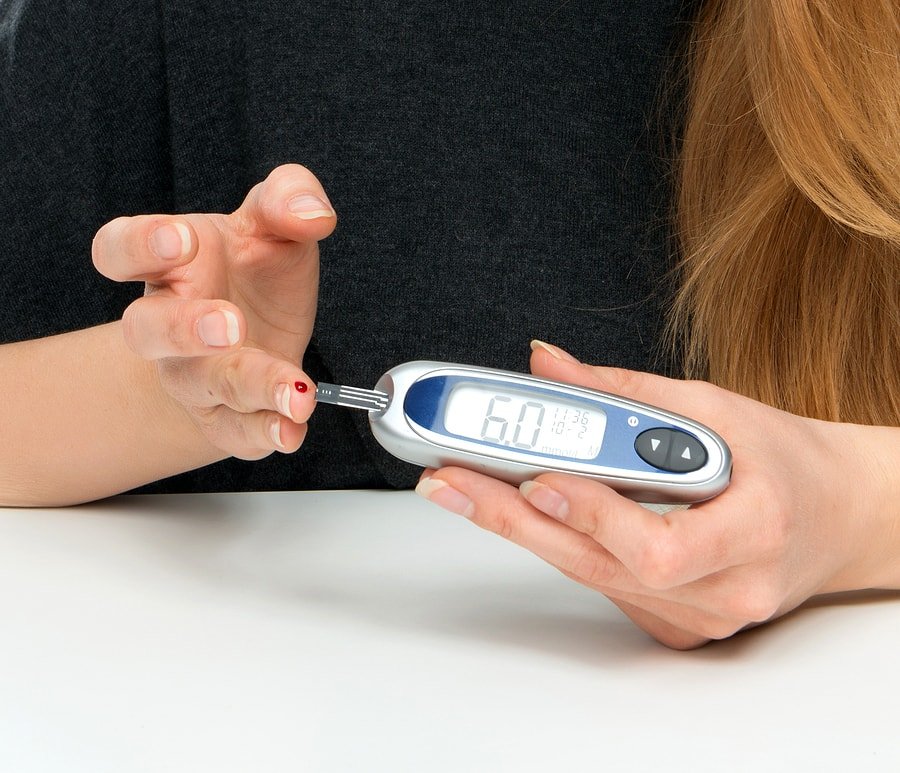explore the best high blood sugar treatment to help seniors manage hyperglycemia and lead a fit and healthy life.
- Medication Management
One of the primary approaches to controlling high blood sugar in seniors is through the proper management of medications. It is crucial for seniors to adhere to their prescribed medications, including insulin or oral glucose-lowering drugs, and follow the recommended dosage and timing. Regular communication with healthcare professionals, such as doctors and pharmacists, is essential to ensure medication efficacy and address any concerns or side effects that may arise.
- Dietary Modifications
A well-balanced diet plays a pivotal role in managing high blood sugar levels. Seniors should focus on consuming a diet rich in whole grains, lean proteins, healthy fats, and plenty of fruits and vegetables. Monitoring carbohydrate intake and opting for complex carbohydrates over simple sugars can help prevent blood sugar spikes. It is also essential to limit the consumption of processed foods, sugary beverages, and high-calorie snacks. Consulting a registered dietitian can provide seniors with personalized dietary recommendations.
- Regular Physical Activity
Engaging in regular physical activity offers numerous benefits for seniors, including better blood sugar control. Exercise helps improve insulin sensitivity, allowing the body to use glucose more effectively. Seniors should aim for a combination of aerobic exercises, such as brisk walking or swimming, and strength training activities to promote muscle health. Before starting any exercise program, seniors should consult their healthcare provider to ensure it aligns with their abilities and any underlying health conditions.
- Blood Sugar Monitoring:
Regular blood sugar monitoring is crucial for seniors with diabetes to keep their levels in check. Monitoring can be done through a variety of methods, including self-monitoring of blood glucose (SMBG) using a glucose meter or continuous glucose monitoring (CGM) systems. Seniors should work with their healthcare team to establish target blood sugar ranges and determine the frequency of monitoring based on individual needs. Additionally, advancements in technology have led to the development of smartphone apps and wearable devices that make blood sugar monitoring more convenient and accessible.
- Stress Management
Managing stress levels is essential for seniors with high blood sugar as stress can contribute to elevated glucose levels. Engaging in stress-reducing activities such as meditation, deep breathing exercises, yoga, or pursuing hobbies can help seniors maintain optimal blood sugar control. Adequate sleep and a supportive social network also play crucial roles in stress management.









